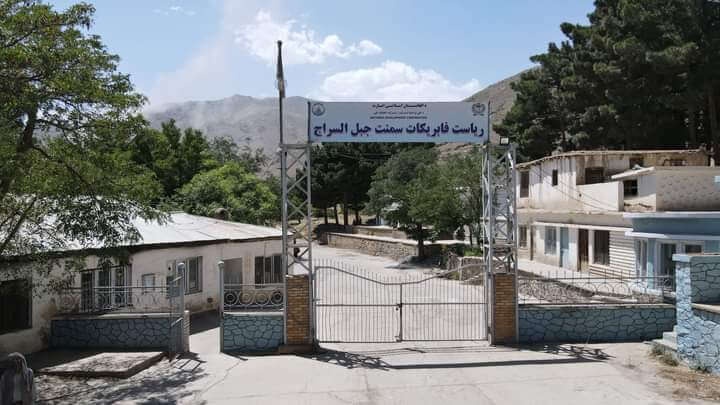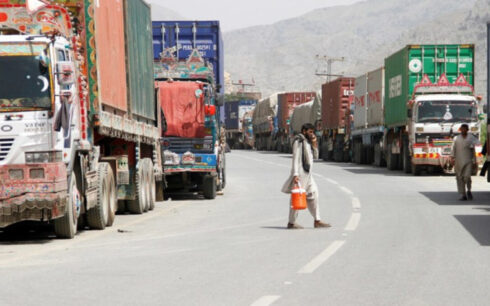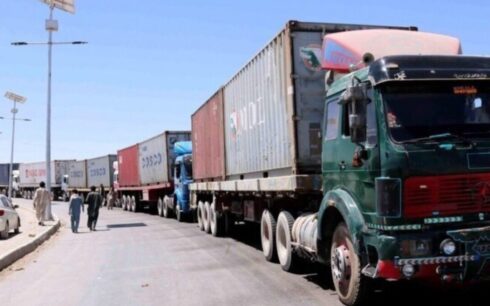A contract, valued at $220 million, was signed on Thursday with a Qatari company for the rejuvenation of the Jabal Siraj Cement Factory, marking a pivotal investment in the cement industry in the country.
Shahabuddin Delawar, the acting minister of mines within the Taliban administration, presided over the contract signing ceremony in Kabul, heralding the factory’s revival as a beacon of hope for economic development. The factory is anticipated to generate employment opportunities for approximately 5,000 individuals once it becomes operational.
The ambitious project aims to produce an impressive 1.5 million tons of cement annually, with the essential raw materials procured domestically within Afghanistan.
Jabal Siraj Cement Factory, initially established as a private corporation back in 1957, has faced intermittent disruptions over the years. The Ministry of Mines and Petroleum under the previous government had announced in 2018 its intention to solicit bids for the construction of the factory’s second phase, a project requiring a substantial investment of $170 million, and set to yield an annual production capacity of one million tons of cement.
Afghanistan imports most of its required cement from Iran, Pakistan and Tajikistan.
Jabal Siraj Cement Factory embarked on its journey as a private corporation in 1957, commencing with an initial budget of 40 million Afghanis.
In 1972, the corporation underwent a transformation, evolving into an enterprise. Situated south of the Hindukush mountains and nestled at an elevation of 1670 meters, the factory boasts a daily production capacity of 100 tonnes of internationally acclaimed cement.
Most of the factory’s equipment was originally sourced from Czechoslovakia, with subsequent acquisitions from Germany, Russia, and other national manufacturers.
The Jabal Siraj Cement Factory played a pivotal role as the primary supplier for a multitude of national projects, encompassing water reservoirs, road construction, government edifices, bridges, and various industrial facilities. Its cement also found its way to neighboring countries, Iran and Pakistan but due to the tumultuous political and security landscape of the region, the factory has experienced production constraints over many years.




